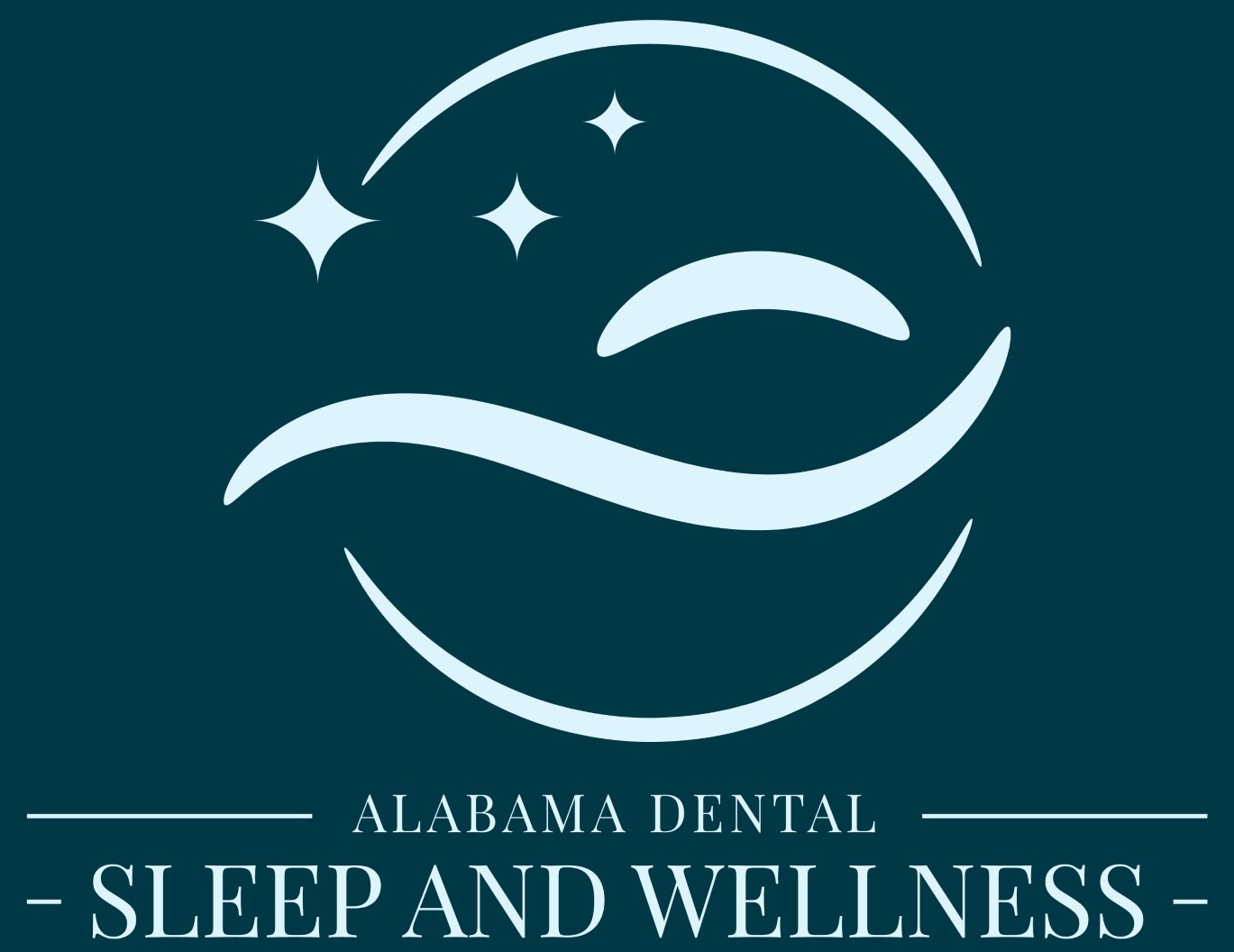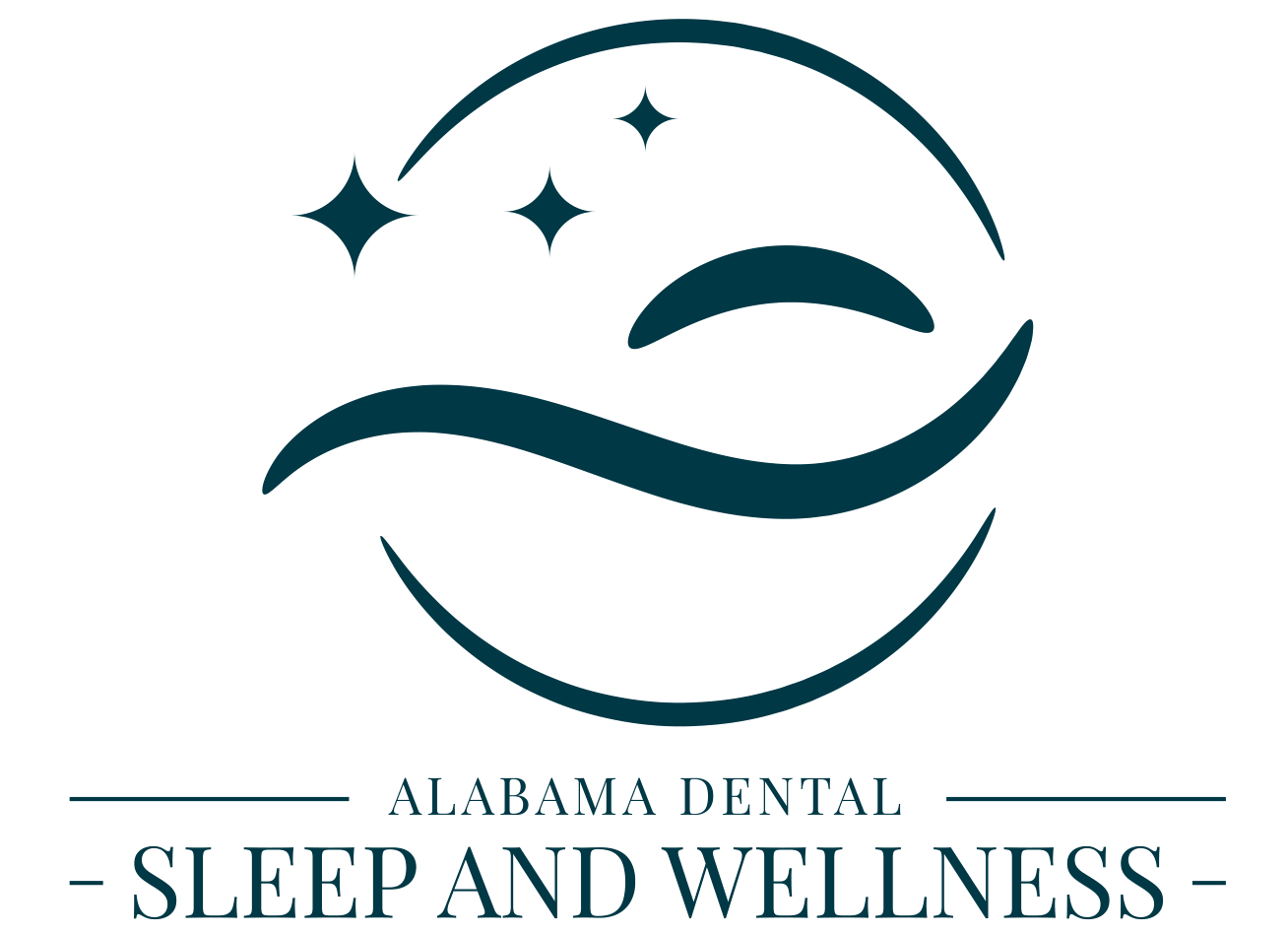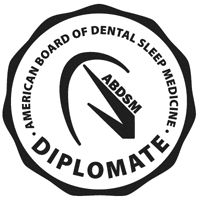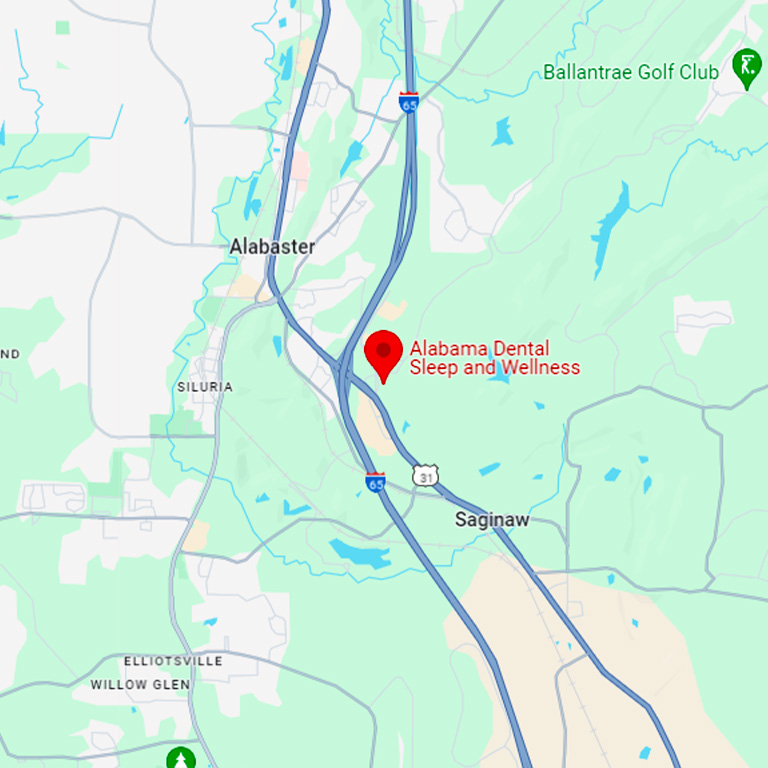Sleep Medicine

Millions of people all over the world suffer from sleep disorders that range from mildly annoying to life-risking. The importance of deep and restful sleep cannot be overestimated. Without it, the brain and body begin to malfunction in large and small ways almost immediately. This is why experts at Alabama Dental and Sleep Wellness Center are so serious about identifying, diagnosing, and treating sleep disorders with sleep medicine.
What is Meant by Sleep Medicine?
Sleep medicine is a field that developed out of a deep need. It’s a subspecialty of the medical field that focuses on helping people to have optimized, restful sleep every night. Professionals who work in sleep medicine, like those at Alabama Dental and Sleep Wellness Center, work hard to diagnose and treat sleep disorders in their many forms.
Short-term Antidotes Are Not the Answer
Sleep medicine doesn’t refer to taking a pill for sleep. Although sleeping pills are available, both over-the-counter and by prescription, that’s not what sleep medicine means. A sleeping pill may help temporarily. It may induce sleep, but it comes with risks, such as addiction or a growing inability to fall asleep naturally.
Non-pharmacological Interventions
These form the cornerstone of treatment and address lifestyle factors contributing to sleep problems. They include establishing regular sleep schedules, creating relaxing bedtime routines, optimizing the sleep environment, and practicing good sleep hygiene. Cognitive behavioral therapy for insomnia (CBT-I) can also be highly effective, addressing negative thoughts and behaviors that perpetuate sleep difficulties.
Prescription Medications
Sleep specialists may prescribe medications in specific situations when non-pharmacological interventions prove insufficient. Commonly prescribed medications include:
Hypnotics: These medications, like zolpidem (Ambien) and eszopiclone (Lunesta), promote sleep initiation and can be helpful for short-term management of insomnia. However, they should be used cautiously due to potential risks of dependence and side effects like grogginess upon waking.
Melatonin receptor agonists: Ramelteon (Rozerem) is a medication that targets melatonin receptors, mimicking the natural sleep-wake cycle. It has a lower risk of dependence compared to hypnotics but may not be as effective for everyone
Over-the-counter Medications
Some over-the-counter options, like certain antihistamines (diphenhydramine) or melatonin supplements, are marketed for sleep promotion. However, it is crucial to consult a doctor before using these, as they can interact with other medications and have unintended side effects.
Important considerations regarding sleep medication:
Prescription medications should only be used under the guidance of a sleep specialist. They determine the appropriate medication, dosage, and duration of treatment based on individual needs and potential risks.
Sleep medication is not a long-term solution. It is typically used in conjunction with non-pharmacological interventions to address the underlying causes of sleep disorders and promote long-term sleep health.
Self-treating with over-the-counter sleep aids is not advisable. They may not be effective for everyone and can have unforeseen consequences.
How Are Sleep Disorders Diagnosed?
Diagnosing sleep disorders involves a multifaceted approach. At Alabama Dental and Sleep Wellness Center, we take a personal approach, carefully listening to your sleep problems, including how they impact your personal life, work, and future goals. We begin with a detailed medical and sleep history, followed by physical examinations and certain diagnostic tests that may include:
Polysomnography – an overnight sleep study, is a cornerstone of sleep disorder diagnosis, providing comprehensive data on sleep stages, breathing, heart rate, and muscle activity.
Multiple Sleep Latency Test (MSLT) – assesses daytime sleepiness and is particularly useful in diagnosing narcolepsy. Home Sleep Apnea Testing (HSAT) – offers a convenient, though less comprehensive, alternative to in-lab studies.
Actigraphy – using wearable devices to track movement and infer sleep-wake patterns, aids in assessing circadian rhythm disorders and insomnia.
The Complexity of Sleep
The physiological process of sleep is complex and vital for human health. When sleep is disrupted, interrupted, irregular, or insufficient, risks to health occur. Sleep doesn’t just happen in one fell event, however. It occurs in rapid eye movement (REM) and non-REM (NREM) sleep stages, each with distinct brain activity patterns and physiological functions. Sleep is a highly complex function of the brain and body, encompassing a wide range of processes that are essential to life. It can easily be said that sleep is as complex as any of the many systems that comprise the human body.
REM sleep, for instance, is closely associated with dreaming and plays a role in memory consolidation and emotional regulation. NREM sleep, which encompasses several stages, from light to deep sleep, is crucial for physical restoration and healing. Sleep regulation involves the circadian rhythm—our internal clock aligning with day-night cycles—and the homeostatic sleep drive, which balances sleep and wakefulness based on the body’s needs.
As you can see, the process of sleep is very complex. Problems and disorders may arise at any point during the various stages. For this reason and more, a person should never try to diagnose their own sleep disorder. Contact Alabama Dental and Sleep Wellness Center professionals for accurate sleep disorder diagnosis and treatment with sleep medicine.
Sleep Medicine Treatment
Treatment strategies in sleep medicine are just as varied as the disorders themselves, ranging from lifestyle modifications and behavioral therapy to pharmacological interventions and medical devices. For many, improving sleep routines—such as establishing a regular sleep schedule and creating a conducive sleep environment—form the foundation of treatment. Continuous positive airway pressure (CPAP) therapy is often the treatment of choice for sleep apnea, keeping the airway open during sleep. Medications may be prescribed for various conditions, though typically as a secondary option due to potential side effects and dependency risks. Finally, cognitive-behavioral therapy for insomnia (CBT-I) is a highly effective non-pharmacological approach addressing the thoughts and behaviors that contribute to chronic insomnia.
Your professional at Alabama Dental and Sleep Wellness Center is the best source of advice, information, and help regarding any type of sleep disorder you may be suffering from. Remember, having a sleep disorder is quite common and highly treatable. Contact us today to book a private appointment where you can have your questions answered.



